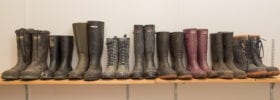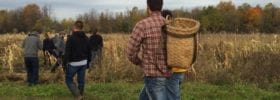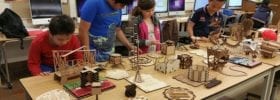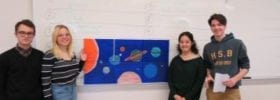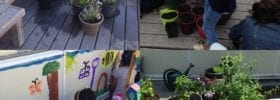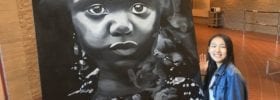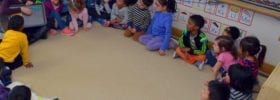Recognizing Innovation in Teaching and Learning
The EdCan Network is proud to share summaries and contact information from the seven Ken Spencer Award winners. From students managing farms and marketing organic products while re-engaging in First Nations Worldviews, to tackling bee extinction, to leveraging art as a tool for activism and for portraying scientific concepts, to thriving inclusive and equitable classrooms, this year’s diverse group of winning programs all exemplify the value of learning through trial and error.
The 2017-2018 Ken Spencer Awards showcase how teachers can provide students with the autonomy and flexibility to take their learning to the land; to use technology as a tool for equity; to explore Indigenous-centred perspectives and to blend art, science and social justice to focus on real-world problems.
The Ken Spencer Award for Innovation in Teaching and Learning was established with the generous contribution of Dr. Ken Spencer to recognize and publicize innovative work that is sustainable and has the potential of being taken up by others; to encourage a focus on transformative change in schools; and to provide profile for classroom innovation within school districts, schools, and the media.
Dr. Ken Spencer is a former Director of the Canadian Education Association (CEA) and retired CEO and co-founder of Creo Products. In 2011, he was inducted as a business laureate of the British Columbia Hall of Fame. Since 2009, he has generously donated the financial awards for the Ken Spencer Award for Innovation in Teaching and Learning.
Check out our award-winning programs from 2017-2018 (4.29 MB / pdf)
Learn more about the seven Ken Spencer Award winners.
Download

